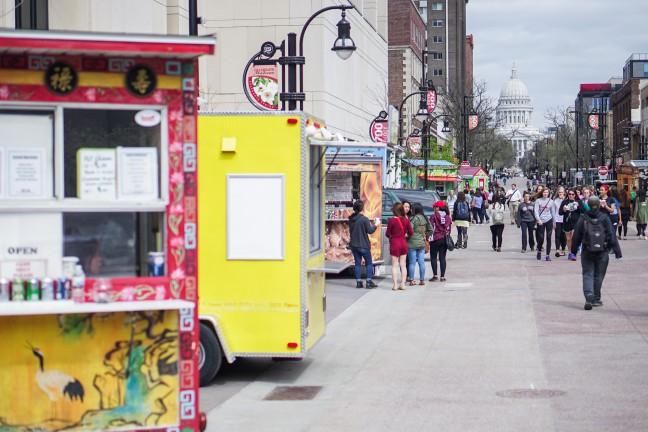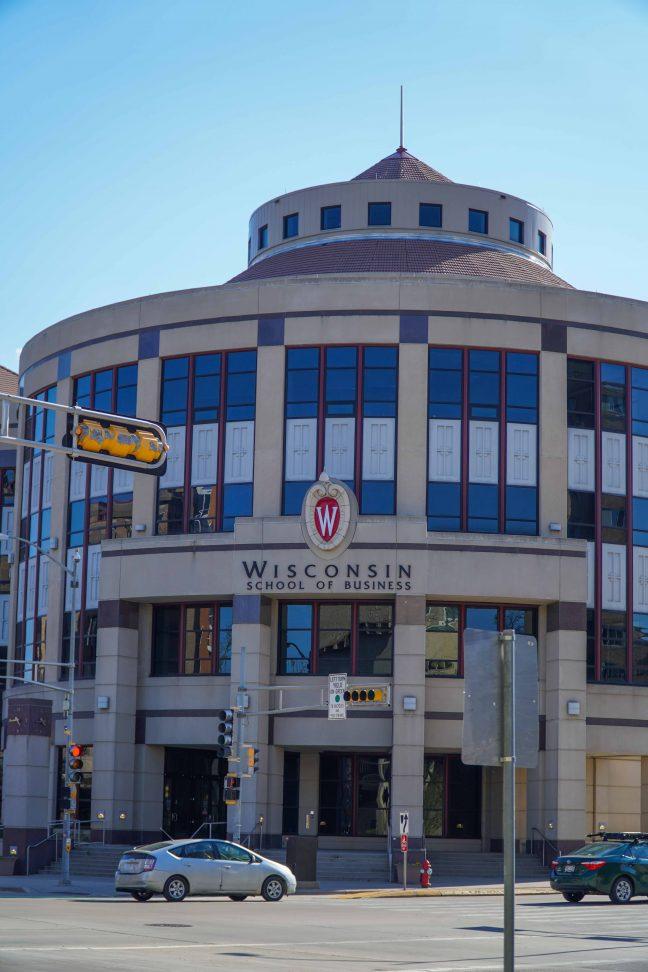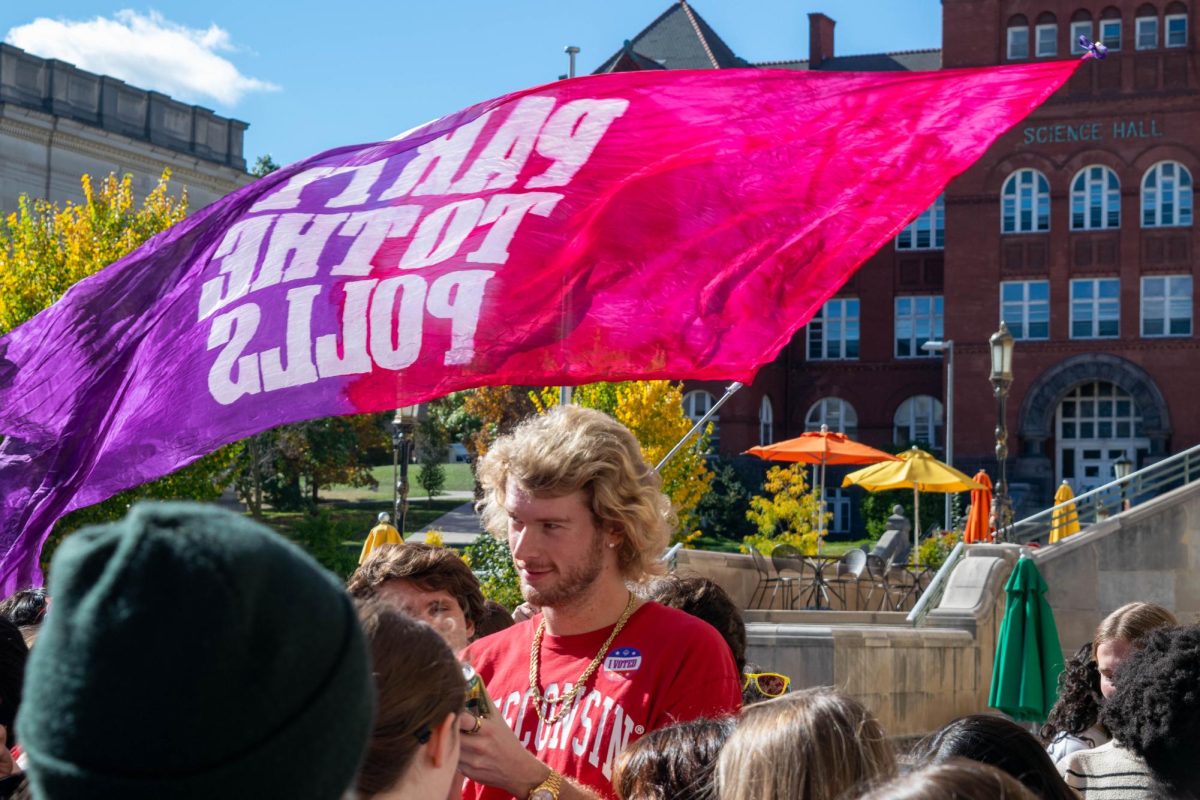In an early-morning decision, the state Assembly voted to cut UW System funding by $70.5 million and boost tuition assistance for students by more than 8 percent.
After the UW System Board of Regents halted system-wide undergraduate admissions last week, the Republican-controlled Assembly decided to ?capture? UW?s advertising budget and reduced $8.5 million from its travel budget, said Steve Baas, aide for Speaker Scott Jensen, R-Waukesha.
The budget bill now moves on to the Senate for approval.
Thursday?s key Republican move, to shift almost $30 million in state funds to smaller communities and away from Democrat-controlled Milwaukee, met fierce opposition but was not overruled. Senate Democrats have since pledged to make extensive changes to the budget.
Overall, the UW system will see a 7 percent cut, which is half that of most state agencies.
Republicans, who control the state Assembly, shifted $26 million in state aid that the Legislature’s budget committee had earmarked for Milwaukee in 2003.
It also shifted $4 million of Beloit?s funds to suburban and rural areas to help GOP legislators up for re-election in November.
To help close a $1.1 billion budget deficit, the bill would cut state and UW System spending and use $669 million in one-time tobacco settlement payments to balance the budget.
The proposal would also require the UW System to seek legislative approval prior to increasing tuition by more than 8 percent. UW and Wisconsin Technical College Systems would also face a $4 million cut in advertising funds.
Amendments under scrutiny would also force Wisconsin to make $1 billion in aid payments to local governments. The funding, distributed this year, would help cities pay for services such as police and fire protection before the shared revenue is phased out in 2004.
Rep. Spencer Black, D-Madison, said Thursday’s debate displayed the true difference between Republicans and Democrats.
Black said Assembly Democrats were “going to bat” for UW students by seeking lesser cuts in funding and increased financial aid.
Black also said Democrats would try to undo additional cuts to the UW System that followed the Regents? announcement regarding halting admissions.
?The Assembly Republicans acted like spoiled children,? Black said.
McCallum?s state budget deficit proposal includes eliminating shared revenue by 2004 with the first cuts this year, as part of his plan to fix the state’s $1.1 billion budget deficit. Rep. John Gard, R-Peshtigo, said in an interview with the Milwaukee Journal Sentinel that the changes were unlikely to become law because Democrats, who control the Senate, would never agree to them.
Gard also said he did not agree with the changes.
“These cuts are being made to pick and choose,” said Gard, co-chairman of the Joint Finance Committee.
State revenue has dropped dramatically due to the recession, worsened by the Sept. 11 attacks.
Assembly Republicans proposed statewide spending cuts and using most of the remaining $1.2 billion from the state’s tobacco settlement payments to balance the budget and pay for shared revenue.
The Joint Finance Committee approved a plan last week to make the more than $1 billion payment communities expected to receive in 2002. The payments would be cut to $750 million in 2003 and $515 million in 2004.
The total amount of aid is the same as that approved by the Joint Finance Committee earlier this month; however, the Republicans changed how the aid would be distributed in 2003.
Under the Republican plan, there is no tax increase to help make up revenue. The proposal does not include raising taxes to help make up the shortfall.
But some lawmakers say funding has to be cut in all areas to accommodate the state’s deficit.
Rep. Steve Freese, R-Dodgeville, told the Milwaukee Journal Sentinel many communities will have to share cuts in the shared-revenue program.
He said many towns would lose up to 30.4 percent of their aid payments next year. Freese said this is a larger percentage cut than most cities.
After the full chamber votes on the bill, the bill will be sent to the Senate.







